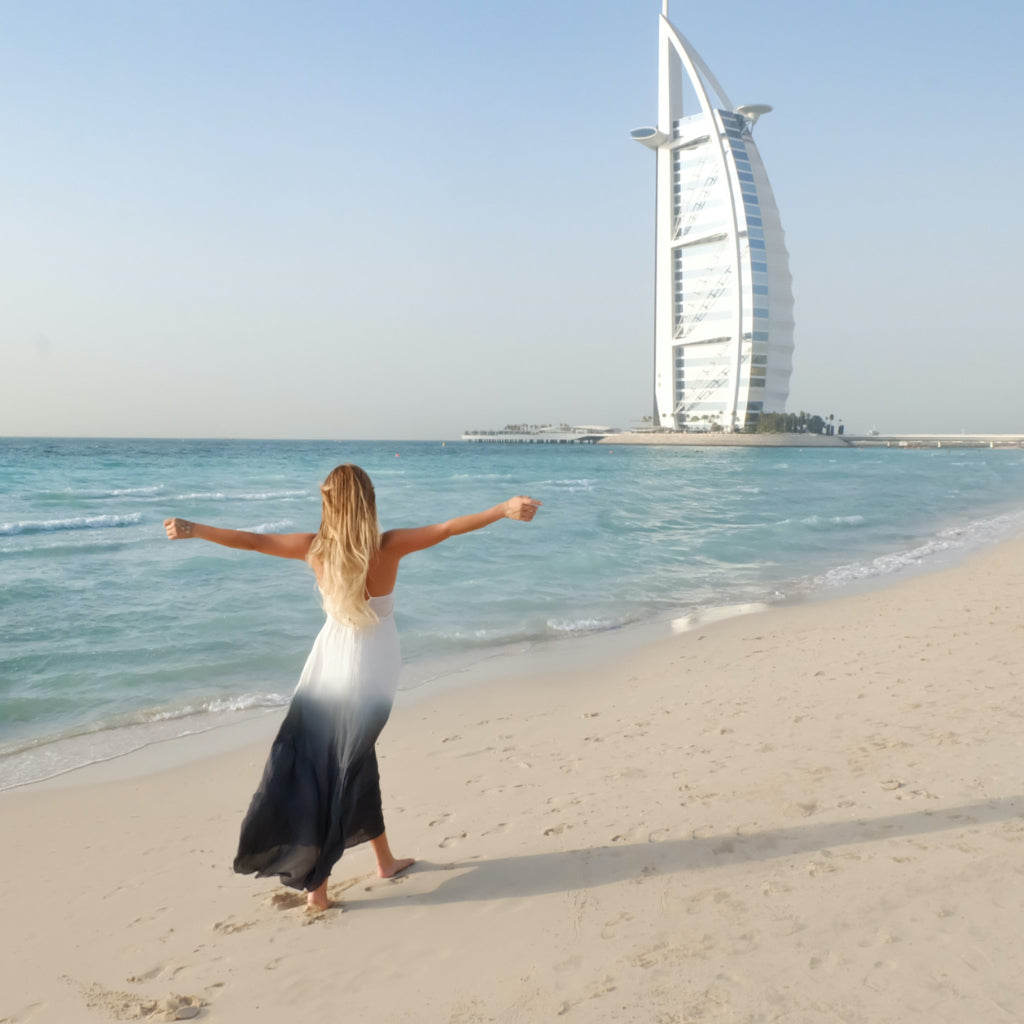Income and wealth tax
No income tax is levied in Dubai. All types of personal income are tax free. This includes salaries, pensions, rental income and capital income such as dividends, interest and capital gains of all kinds. There is also no wealth tax and no taxes are levied on real estate property.
Real Estate Gains, Inheritance and Gift Tax
No real estate gains tax is levied on the resale of real estate in Dubai. However, there is a 4% transfer fee on real estate transactions, which is usually paid by the buyer. Inheritances and gifts do not have to be taxed either at the time of death or upon receipt of the inheritance or gift.
Value Added Tax
A 5% value added tax was introduced in the United Arab Emirates on January 1, 2018.
Company Tax
As of June 1, 2023, companies with annual profits exceeding AED 375,000 must pay tax on these profits at 9%. Companies with annual profits below AED 375,000 remain tax free. In addition, certain industries and freezone companies are also exempt from this company tax.
Basically, there are three ways to obtain a residence permit in Dubai:
Setting up a company
As the owner of a company in Dubai, you are entitled to apply for an investor visa. This is valid for two years.
Click here for more information on setting up a company
Real Estate Purchase / Local Deposit
By purchasing real estate or investing in a deposit at a local bank, one also becomes eligible to apply for a visa.
Classic employment with a company
An ordinary work visa, valid for two years, can be obtained through classic employment with a company in Dubai.
The article "Dubai beats them all" discusses where wealthy Swiss people should move their second home abroad in view of the impending inheritance tax of 50% on assets over CHF 50 million. The Swiss economist Roland V. Weber has written a book in which he analyzes and evaluates the best destinations for such an emigration. Important criteria include the climate, security, legal situation, infrastructure and tax burden.
Weber is of the opinion that not only the super-rich, but also people with a fortune of one million francs should consider taking up residence abroad. However, the new home should be in a developed country. According to his analysis, 53 countries remain as possible second centers of life.
Dubai and the United Arab Emirates are considered particularly attractive when it comes to the tax situation, as no income or inheritance tax is payable there. This region also offers a pleasant climate, modern infrastructure and a high quality of life. Dubai scores particularly well for its internationality, mild climate and high quality of life. These factors make Dubai a first-class location for a second home.
Weber argues that it is morally justifiable to optimize taxes if the tax rates are unreasonably high. His book shows that there are numerous alternatives to living in Switzerland, which could also be influenced by the Young Socialists' inheritance tax initiative and its potential success.
Sign up to get the latest on sales, new releases and more...


